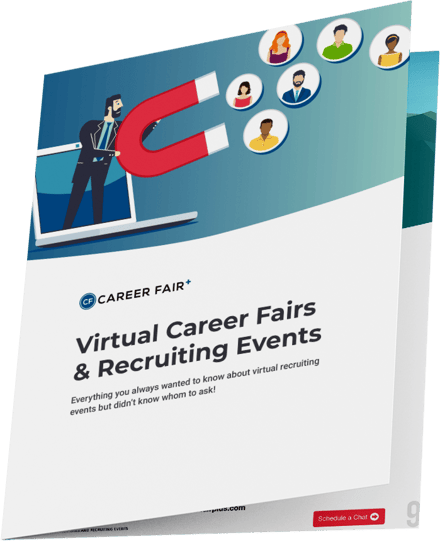Preparing for life after college should start well before you actually finish your classes. It can be tempting to keep “adult life” out of sight and out of mind as you savor those last few weeks and months on campus, but it’s important to be proactive so that you can hit the ground running after graduation. From preparing to enter the job market, to getting your financial wellbeing in check, there are numerous steps you can take to prepare yourself for life after college. Here are a few tips to help you get started:

Update Your Resume
This seems like a simple step, but many people forget to do it. There’s so much happening at college between classes, extracurricular activities, awards, and new experiences that it can be easy to forget everything that you’ve accomplished. For this reason, it’s important to update your resume as things are happening, this way you won’t forget about them once you begin life after college. Oftentimes, people only update their resume whenever they are applying for a new position, which means that you could go months, if not years without making updates, and forget to include valuable information.
The basic tips to writing a good resume include: keep the information limited to one page, only include valuable experiences, double and triple-check for typos, and use consistent formatting. But this one tip can help your resume go above and beyond—edit your resume to meet the qualifications for each position that you apply to. Keep a master list of all your accomplishments, experiences, and skills; then you can choose which aspects of your resume best fit the various applications that you’re submitting.
Don’t Wait to Start Networking
Make the most of your time left on campus by networking with the people around you and utilizing the resources available to you as a student. It’s a lot easier to connect with a professor while you’re still on campus than it is once you begin your life after college. Furthermore, networking is so much more than just forging connections with your professors for good letters of recommendation. There are so many resources available to students that they may be unaware of.

The first thing you should do is visit the career center at your school. Employees are there to help you discover new career paths, review your resume, connect you with alumni and inform you of networking opportunities and events. From there, it’s all about actually meeting people and making connections. Whether it’s a career fair, alumni mixer, or just a one-on-one with a mutual acquaintance, it’s important to make a good first impression while networking. In many cases, you may only get one chance to meet these people and you want to be sure that they’ll remember you in a positive light.
Detail Your Expenses
The time between the moment you graduate and the day you land your first job after college can be stressful, especially the longer it takes. Sometimes people take the first job offer that comes their way out of necessity, rather than waiting for the right opportunity. In order to make the job hunt less stressful, it’s vital that you get your finances in order and figure out a way to get by on part-time work or unemployment benefits.
First and foremost, it’s important to make a budget. Budgeting is an important skill at any life stage, but even more so if you’re strapped for cash during life after college. Start by determining your average monthly income, and then map it out against your expenses. One of the best ways is to break down all of your expenses by category. This will help you determine what is a necessity vs. what is optional and whether or not you need to find more areas to cut back expenses, or new ways to earn additional income.

Start Building Credit
Another important step as a recent college graduate is to begin establishing a good credit score. Throughout life after college, there will be plenty of financial milestones where your credit score may play a role, such as buying or leasing cars, renting or buying property, purchasing insurance and applying for loans or credit cards. Having a bad credit score will only make these tasks more difficult and could even cost you more money.
One way to begin building a good credit score is by making all of your debt payments on time, whether it’s credit cards, student loans, or something else. Another important factor in your score is your credit utilization ratio, which is the percentage of your credit limit that you’re actively using—this should be kept under 30%. Of course, the only way to actually build credit this way is by making purchases with a credit card. Unfortunately, many young adults get their credit applications denied due to having a poor credit score, or none at all. Alternative options to this double-edged sword are bank accounts without credit checks or secured credit cards. With these types of accounts you can start to build credit and develop good financial habits.
Create a Student Debt Plan
Finally, you need to create a plan to pay off your student loans. Student loan debt is one of the biggest hurdles facing recent graduates during life after college. Unless you were lucky enough to make it through school with relatively low amounts of debt, it’s likely that you may need several years to pay off all your student loans. In order to calm your stresses and organize your life, it’s best to come up with a plan.
Your strategies may change over time as does your financial situation, but it’s important to be aware of the many ways that you can pay off your student loans faster. If it’s within your budget, you can make more than the minimum payment. When interest rates fall, you can attempt to refinance your loans, or even consolidate them into one. These are just two of many solutions available; what’s most important is that you choose a strategy that best fits your financial state.
Life after college can be full of uncertain times. While it may be scary to think about adulthood while you’re still living the student life, the sooner you start to make these considerations, the better prepared you’ll be.
